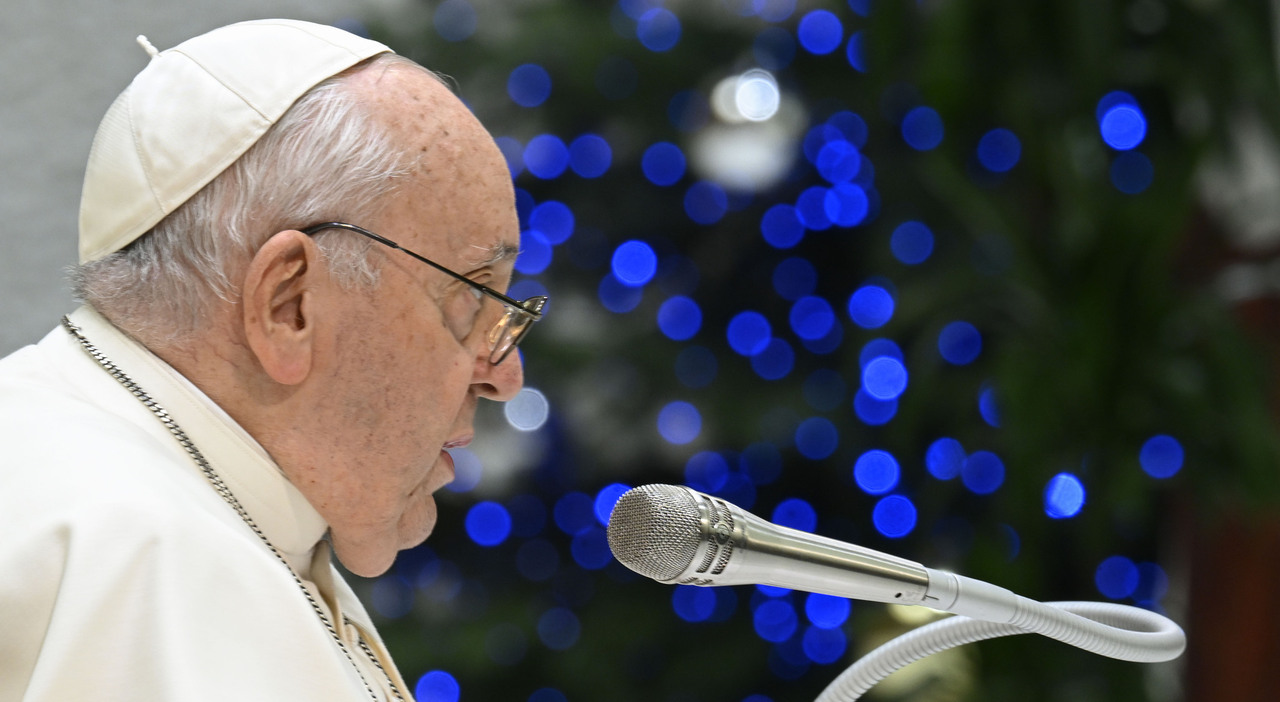Thursday 11 April 2024, 18:34
Surprise: the Pope dusts off the title of Patriarch of the West. In the 2024 Pontifical Yearbook on the page containing the titles attributed to him next to that of Bishop of Rome, the historic definition that had been removed by Benedict XVI in 2006 indeed reappears. Ratzinger at the time decided to abolish it because he considered it obsolete, explaining that the title of 'Patriarch of the West' had been adopted in the year 642 by Pope Theodore I. It definitively appeared in the Pontifical Yearbook in 1863. Although it certainly did not intend to describe an ecclesiastical territory or any claims, the issue nevertheless sparked debates at the ecumenical level. The title, if anything, strengthened the special relationship of the Bishop of Rome to the jurisdiction of the Latin Church. Pope Francis's decision to restore the title of Patriarch of the West is explained by Fides and can be 'linked to his insistence on the importance of synodality, and to the ecumenical solicitude that always looks to the early centuries of Christianity, when there were no dogmatic rifts among the Churches'. The title also recalls the experience of the First Christian Millennium, when the five seats of ancient Christianity (Rome, Constantinople, Alexandria, Antioch, and Jerusalem), despite the difference in their respective histories and different spiritual accents, held a particular significance for the bond that united them to the Apostolic Tradition. The relationships of these five seats, in communion, appeared structured in the practice that Church history studies define as 'Pentarchy'. The five seats were also recognized by the imperial powers as having a shared responsibility 'in terms of the orthodoxy of the faith and the governance of the universal Church'. In a historical moment marked by the spread of conflicts that push 'peoples towards the abyss of a third world war', the ecumenical solicitude sees as a propitious opportunity the approach of the 17th centenary of the Council of Nicea, which took place in 325 AD. Precisely in 2025, the Jubilee year, all Christians, among other things, will celebrate Easter on the same day, Sunday, April 20. In 325 at Nicea, the first ecumenical event in the history of Christianity was held, from which a shared profession of faith emerged that for 1700 years represents for Christians an element in which to identify and find unity. The council was convened by Emperor Constantine to resolve a theological issue: the so-called Arian controversy that questioned the full divinity of the Son compared to the Father to the point of considering him the first of creatures, and thus discussed the very idea of God and salvation. The event gathered a large number of bishops, about 300, almost all from the eastern part of the empire, although there were also some representatives from the west and even from some regions not subjected to Rome.
© ALL RIGHTS RESERVED
This article is automatically translated
